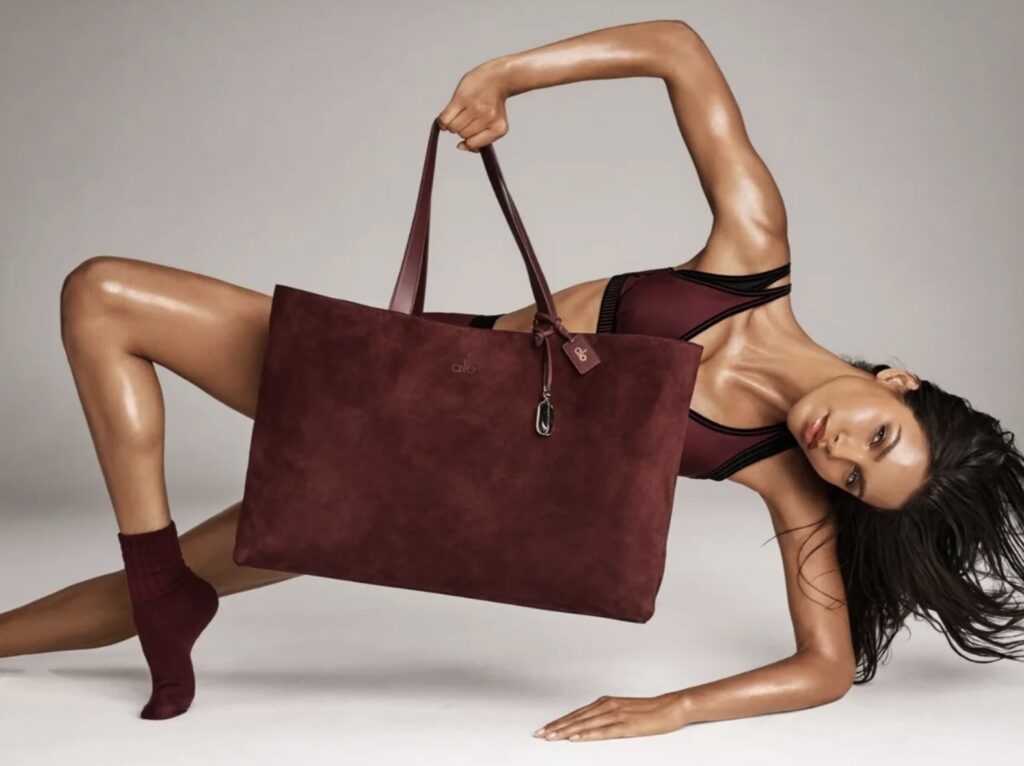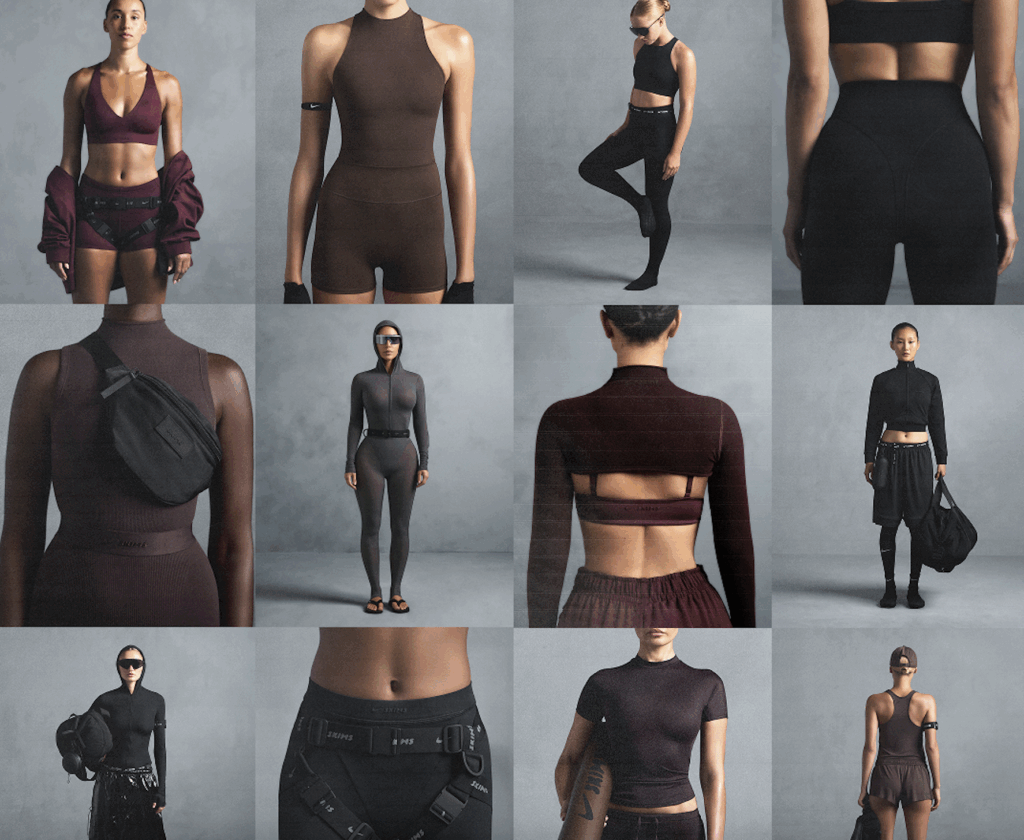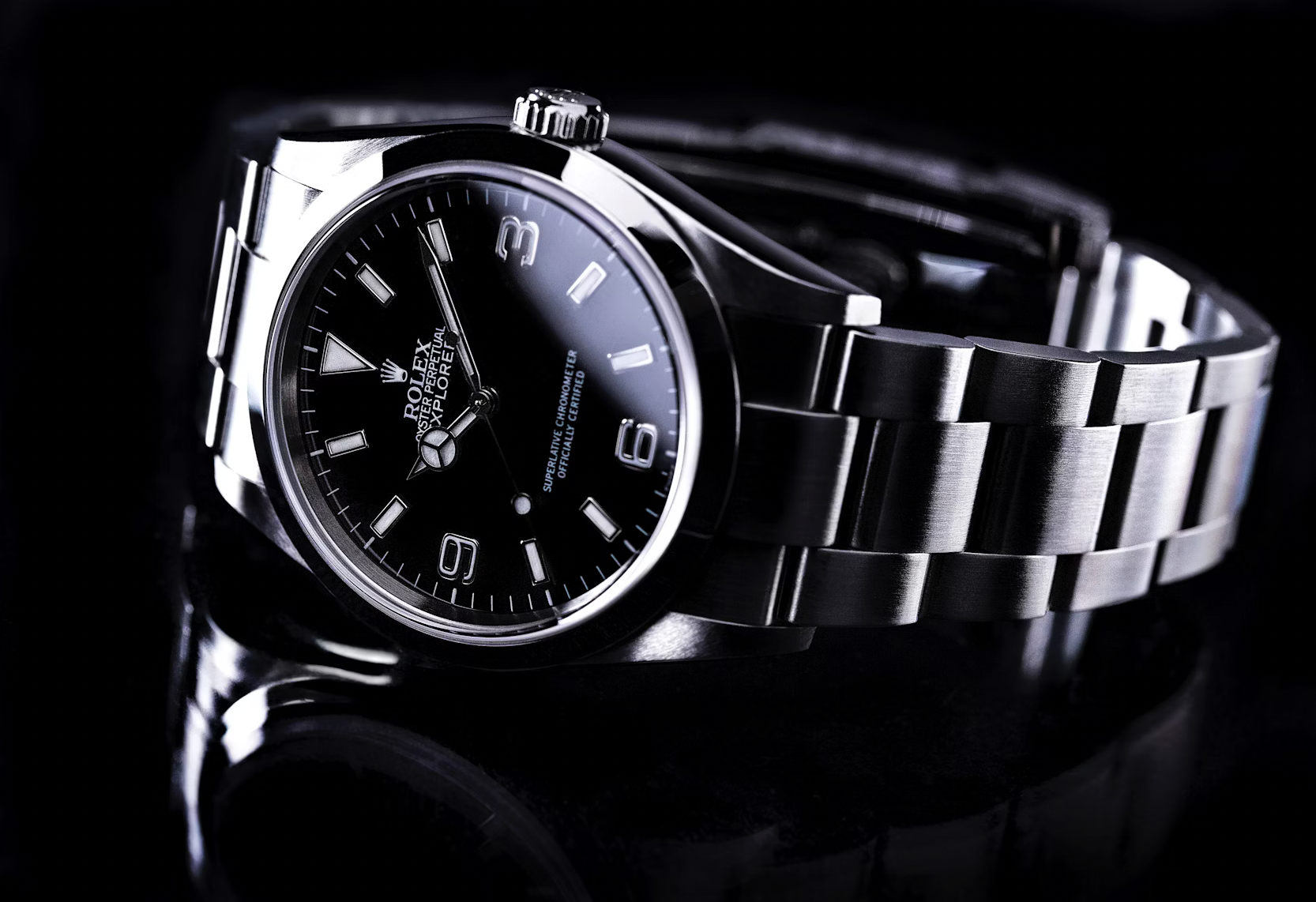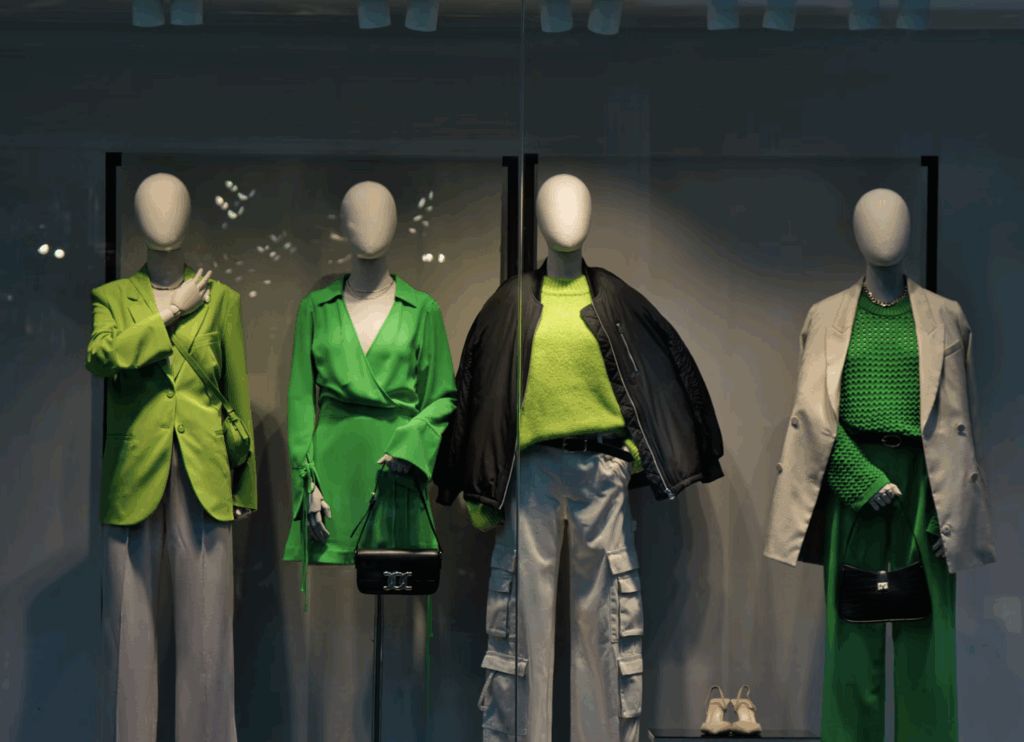Alo Yoga is not just inching into luxury the luxury market, it is tightening control of its brand with a flurry of new litigation. Just days before the launch of its first leather handbag collection on September 22, the Los Angeles-based athleisure company filed a series of trademark infringement lawsuits in the U.S. District Court for the Central District of California. The filings come as Alo makes headlines for its expansion into higher-end categories, and seem to indicate that the company’s broader growth strategy is being matched by an equally deliberate efforts to police its valuable intellectual property.
A handful of new lawsuits waged by Alo target a mix of businesses and individuals that the company accuses of trafficking in counterfeit merchandise. While the defendants vary, ranging from small Los Angeles fashion-district businesses like Princess Fashion and SQ Brothers Fashion to online retailers including Pink Glam Box, the allegations are consistent: Counterfeit Alo products are being pushed into the market, eroding consumer trust, and threatening the exclusivity the brand has spent nearly two decades cultivating.
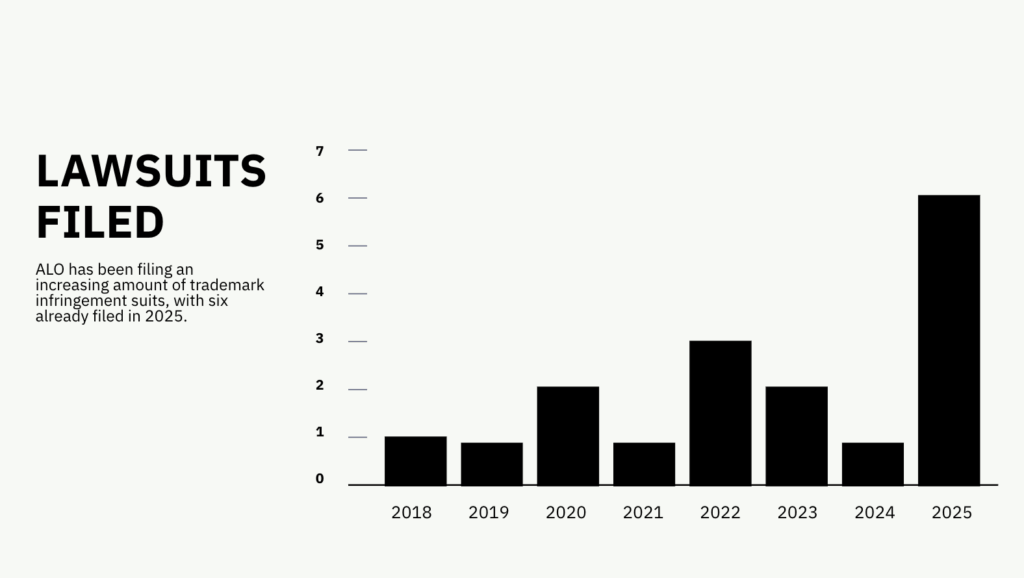
In each of the cases, Alo alleges that the defendants are offering up counterfeit products bearing its “ALO”-formative marks. The company sets out trademark infringement, false designation of origin, unfair competition, and California business practices law claims, seeking both monetary damages and injunctive relief aimed at halting further sales.
A Coordinated Legal Push
Alo has waged trademark infringement suits in U.S. federal court in the past, including a since-settled case against dupes-maker Italic back in 2022, but this latest cluster of complaints suggests the brand may be ramping up its enforcement efforts. That approach is also backed institutionally, as Alo has expanded its in-house legal department across three divisions – corporate, employment/labor, and general litigation – after first bringing general counsel on board in early 2023, giving the company more brand-building and enforcement firepower.
The timing is interesting: Alo is entering the rarified territory of luxury-priced fashion and accessories, asking consumers to consider it not just a purveyor of premium athleisure but a contender in the handbag space. That kind of repositioning requires meticulous curation of brand identity – and careful monitoring of infringing uses of its IP. By policing the market in the lead-up to its luxury bag launch, Alo is making clear that it intends to continue to exert control over how and where its products appear – whether that be for its $90+ leggings or its $3,600 handbags.
The lawsuits underscore a broader trend among lifestyle and athleisure companies that are stretching into higher-end categories, where brand enforcement becomes non-negotiable. For Alo, the shift reflects an understanding that consumer trust, scarcity, and prestige are as critical in selling a $3,600 tote as they are in building loyalty around a pair of yoga pants.
If successful, the campaign could yield court-ordered injunctions, monetary relief, and the shuttering of counterfeit networks. But more importantly, it very well may signal Alo’s determination to secure its place in a competitive luxury landscape.







